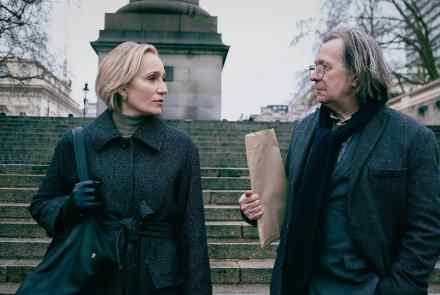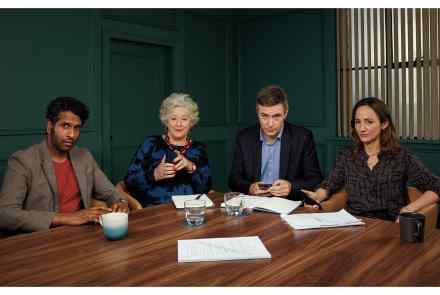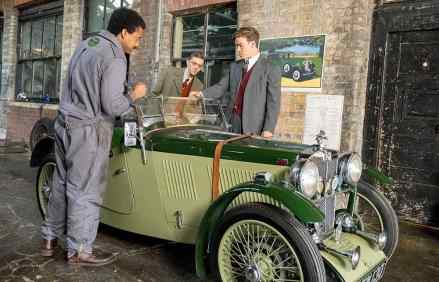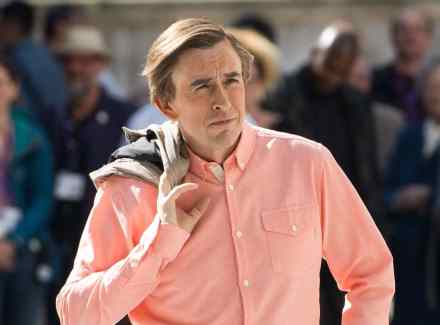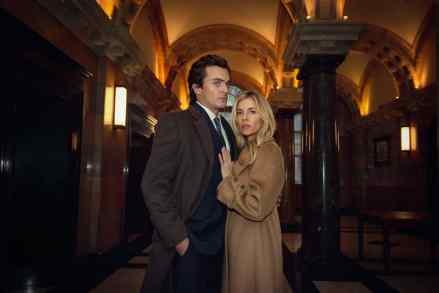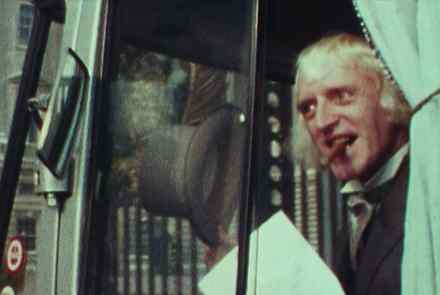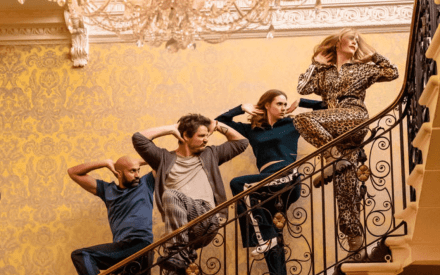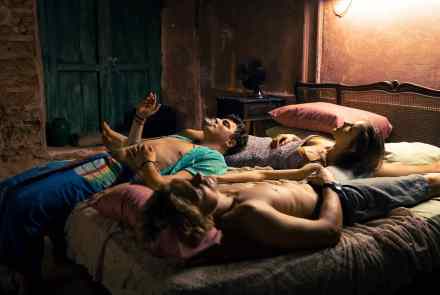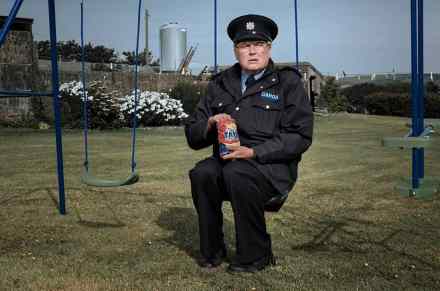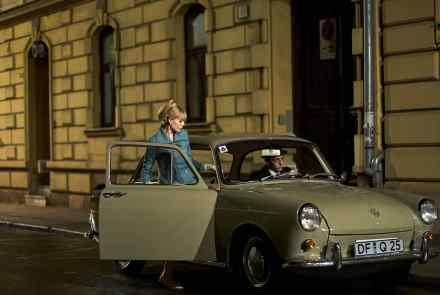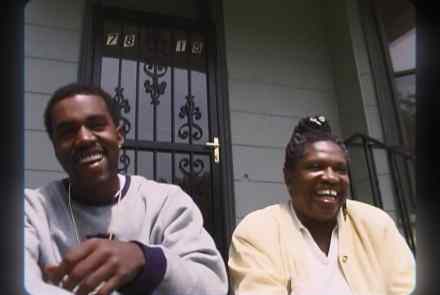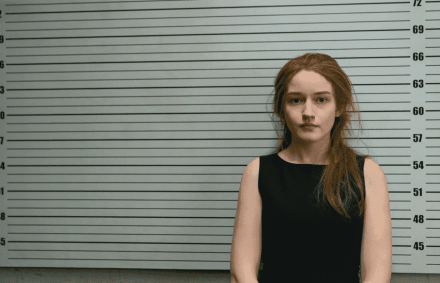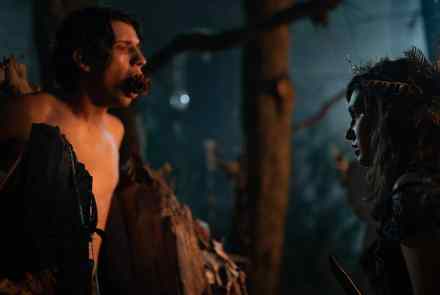The best TV spy drama since Smiley’s People: Apple TV+’s Slow Horses reviewed
How thriller writers must miss the Cold War! Early John le Carré and Len Deighton had it easy when trying to create a convincingly menacing enemy: the Soviets, obviously. But their successors are forced to go through all manner of desperate contortions to generate their bad guy McGuffin. They can’t do Muslims because that’s Islamophobic; they can’t do the Chinese because the entertainment industry (like everywhere) is too in thrall to the CCP. So they end up promoting paper tigers like ‘right-wing extremism’, as Mick Herron does in the first of his Slow Horses series. Herron has been rightly hailed as the new Le Carré. His black-comedy novels about a
